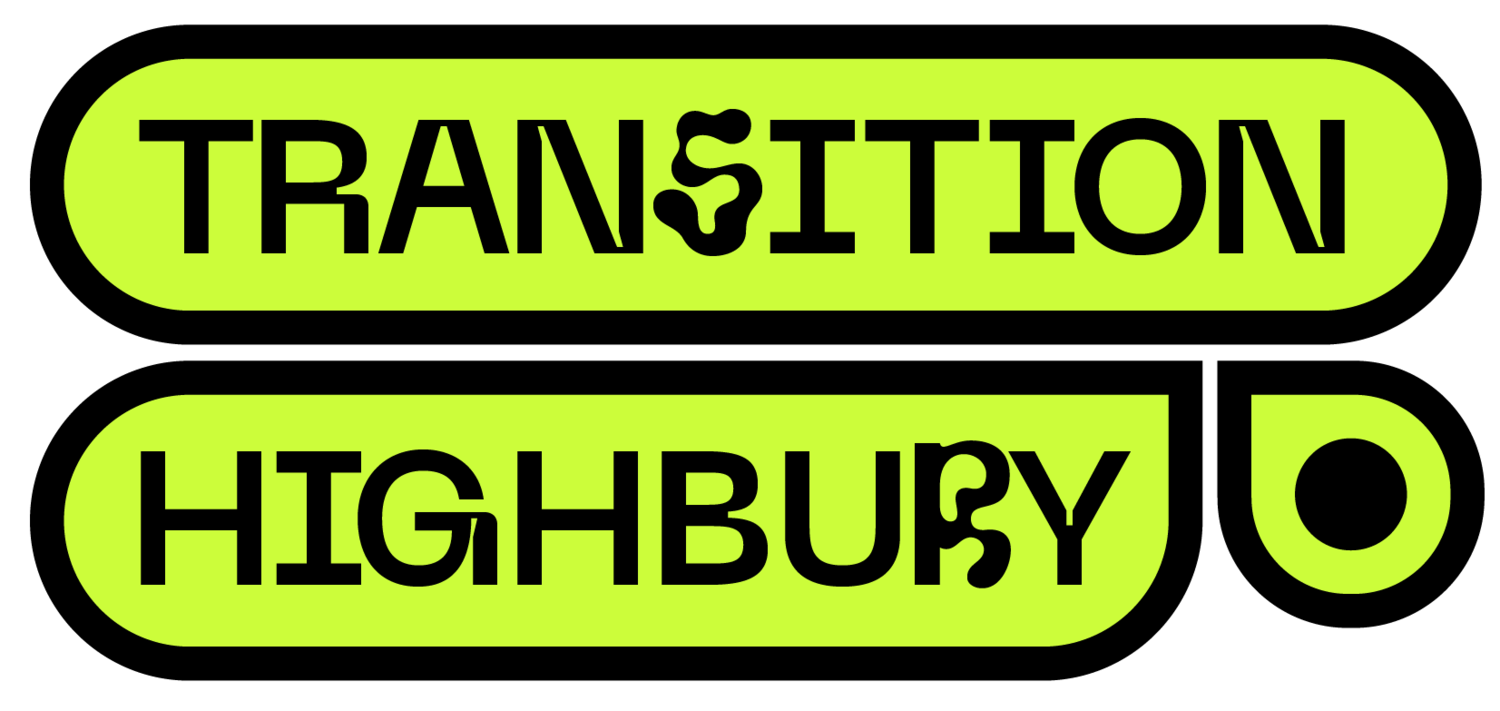
Eat Less Meat, Fish & Dairy
Eating less meat and dairy is one of the best ways to reduce your carbon footprint. Experts calculate that raising animals for food represents around a sixth of all human-related emissions!
Grazing animals take up large amounts of land to provide relatively small amounts of protein and their digestive processes generate methane, a greenhouse gas. Chickens and pigs are fed on grains grown on land sprayed with environmentally-damaging fertilisers and transported over long distances generating emissions.
As for fish, many fisheries are on the brink of collapse from over-fishing, and offshore fish farms pollute the seabed and endanger wild fish and other marine life.
Eat fewer animal products:
Experiment with meat-free days: Join the Meat Free Monday movement or give Veganuary a try.
Try cooking non-animal proteins such as beans, peas, lentils, tofu etc. The internet is awash with recipes for beginners, and pulses are a cheap alternative to meat and fish.
Buy UK grown grains & pulses by mail order from Hodmedod
Try plant-based alternatives to cows’ milk. They have variable climate impacts - oat and soya are less damaging than almond and coconut - but all are better for the planet.
If you’re eating meat or fish, make sure it’s ethically sourced…
Avoid ready meals & fast food
The meat in them is likely to be poor quality & probably hasn’t been raised in kind conditions
Better quality, smaller portions
Look to reduce portion sizes and increase the quality of the meat and dairy that you’re buying
For advice on portion sizes, consult the British Dietetic Association website
Buy pasture-fed, organic or free-range
In many ways it is less damaging to the environment, as well as being somewhat kinder to the animals, and the higher cost can be offset by smaller quantities
Fish should be certified sustainable
Take a look at the Marine Conservation Society’s Good Fish Guide for more information

Learn more
About how the things we eat affect our planet











